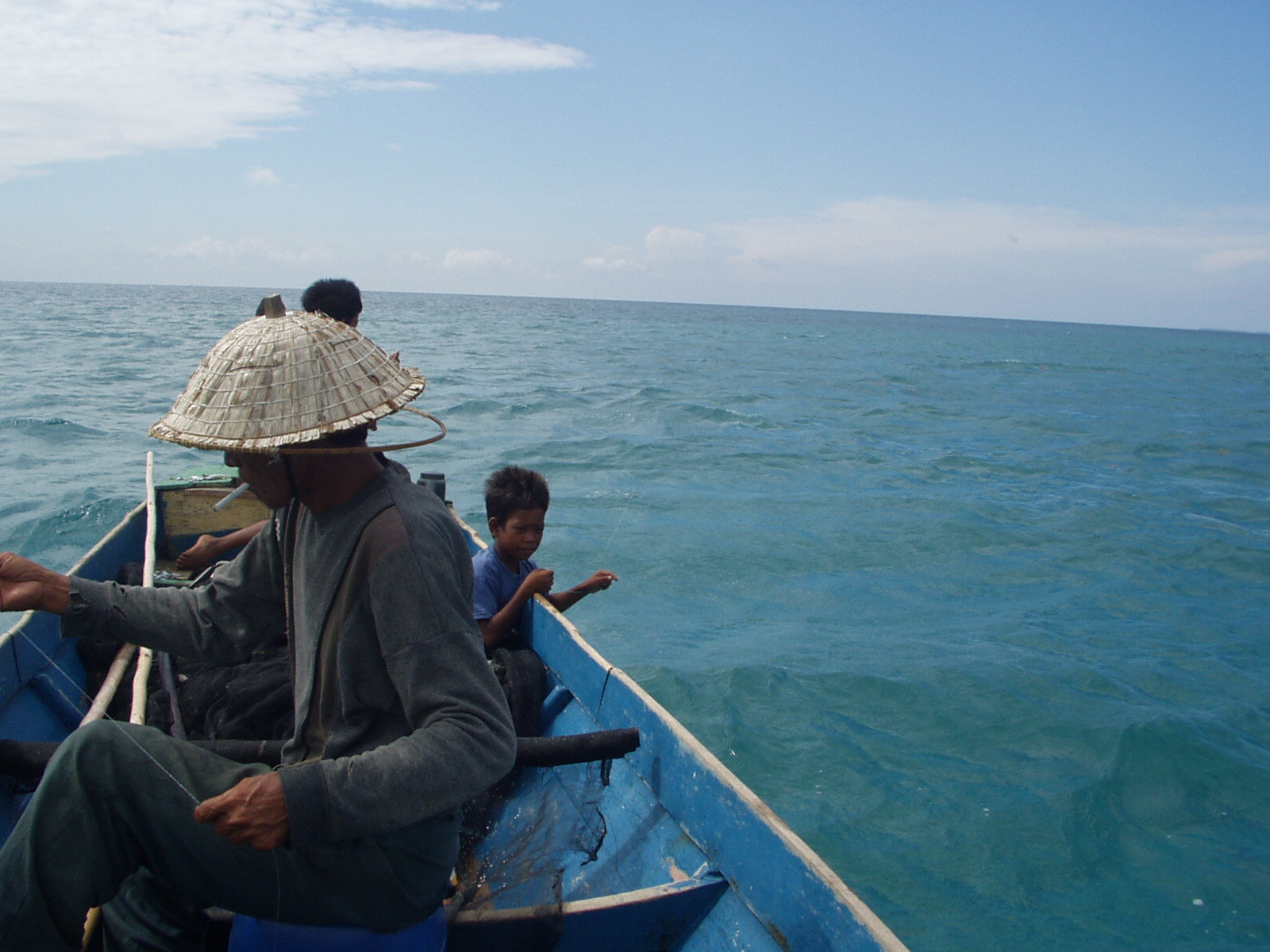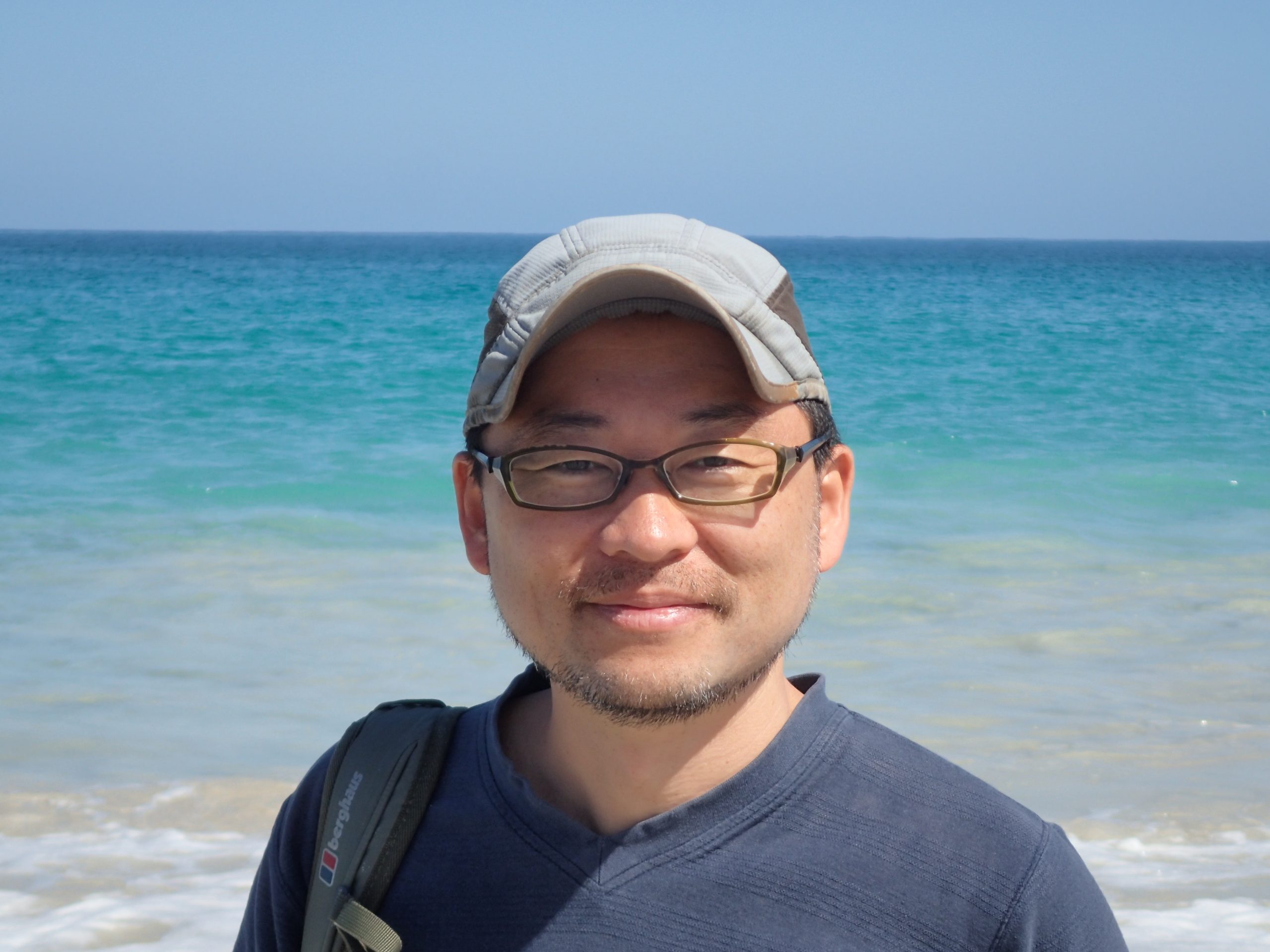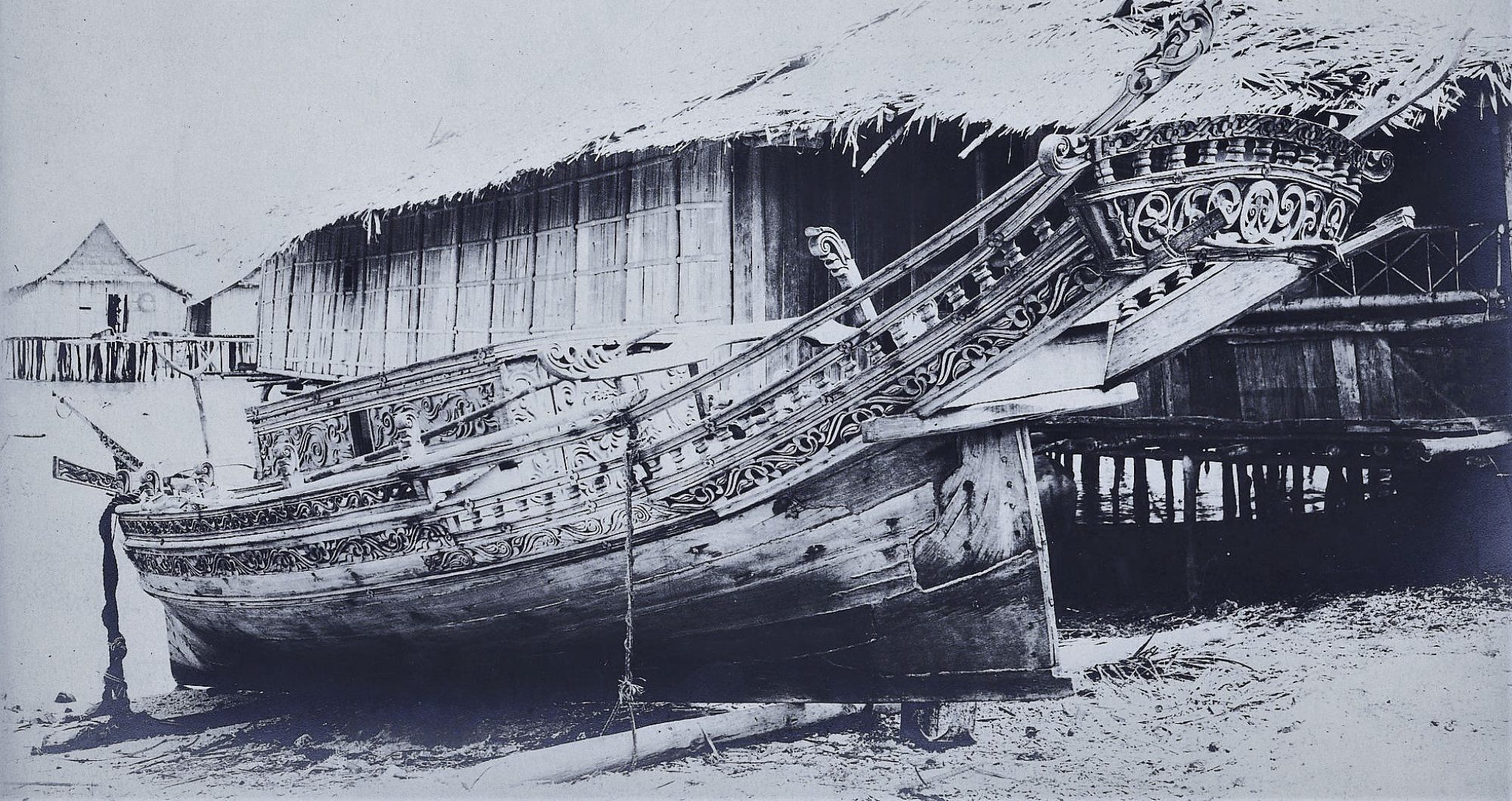Events for the spring of 2023 (Jan-Jun)
Click here for the Zoom address!
3rd of June
RESCHEDULED for the FALL!
Modern human maritime migration and fishing in Island SEA and Oceania: A view from zoo-archaeological and ethno-archaeological studies
with Rintaro Ono, National Museum of Ethnology of Japan

In Island Southeast Asia and Oceania, the second epoch of maritime human migration occurred in the Neolithic times during the middle Holocene around 4000 BP. This is the Austronesian migration possibly originated from southern Chinese coasts and Taiwan into Island Southeast Asia and Oceania. In Oceania, islands in Micronesia and Polynesia as well as western Melanesia beyond the Solomon Islands were all settled firstly by these Austronesian people as most of these islands are remote islands. For examples, the migration from the nearest Philippine islands to the Mariana Islands in Micronesia needs over 2000 km voyaging and the migration into Hawaii Islands, Rapa Nui (Easter Island), and New Zealand also need over 4000 km voyage from any nearest island in Polynesia. For the success of such maritime migration, Austronesian or the Neolithic people also might develop their maritime skills and technologies including long-distant voyages and vessels. Here, based on my zoo-archaeological analysis of fish remains and fishing tools from these Neolithic sites in Island Southeast Asia and Oceania, I introduce the strategies and development of fishing technologies by the early Austronesian people. For further discussion, I also would like to compare the archaeological results with my ethno-archaeological data of the contemporaneous fishing by Sama-Bajau people known as maritime Austronesian people in Island Southeast Asia.
Rintaro Ono is Professor at the National Museum of Ethnology in Osaka, Japan. He received his M.A. (2000) and Ph.D

. (2006) in Area Studies (Southeast Asian Studies) at Sophia University, Japan. His research is focused on Maritime Archaeology and Anthropology, and specifically human maritime adaptation process, human migration into Island Southeast Asia and the Pacific Islands, human maritime exploitation history, and maritime trade history. He has been involved in many research projects in Japan (Okinawa), Indonesia, Philippines, Malaysia, and Micronesia. He has been a visiting researcher or collaborator with some national and international laboratories and universities. He has published over 100 academic papers and book chapters both in Japanese and English, and he is the co-editor of the books Prehistoric Marine Resource Use in the Indo-Pacific Regions (ANU E Press, 2013), Pleistocene Archaeology: Migration, Technology and Adaptation (IntechOpen, 2020; co-editing with Alfred Pawlik), and The Prehistory of Human Migration – Human Expansion, Resource Use, and Mortuary Practice in Maritime Asia (IntechOpen, in press; co-editing with Alfred Pawlik), all of which are available for free in open access. Rintaro is currently the head of MAPS (Maritime Asia and Pacific Studies) project at the NIHU (National Institutes for the Humanities) in Japan since 2023. The web site of this project is https://maps.minpaku.ac.jp/en/
